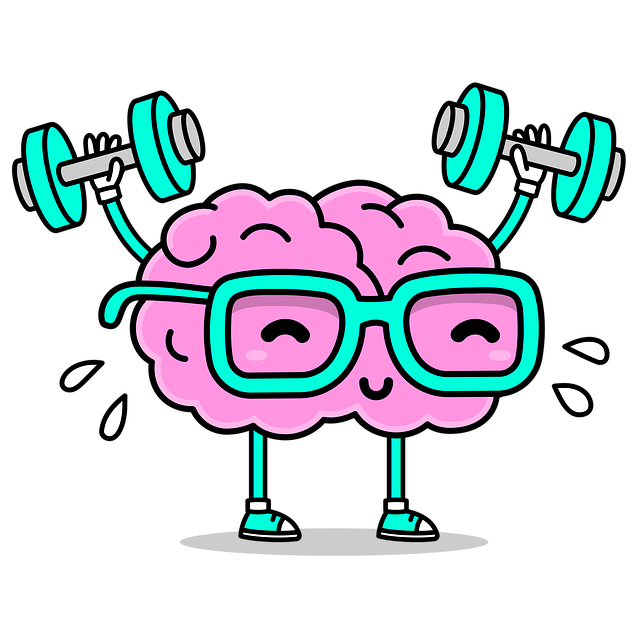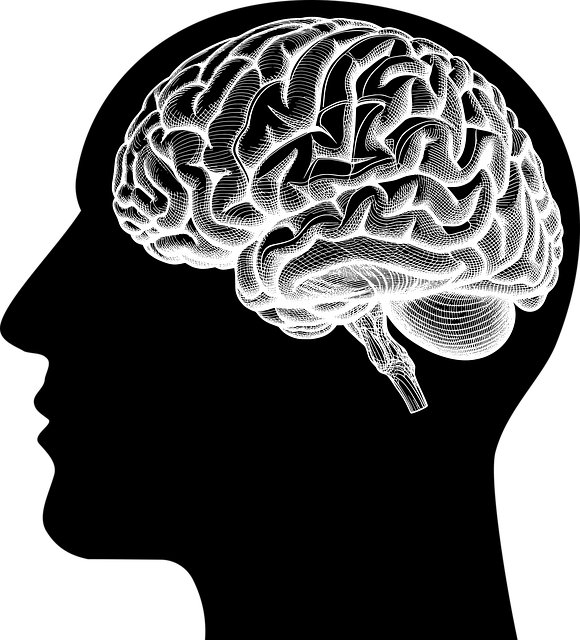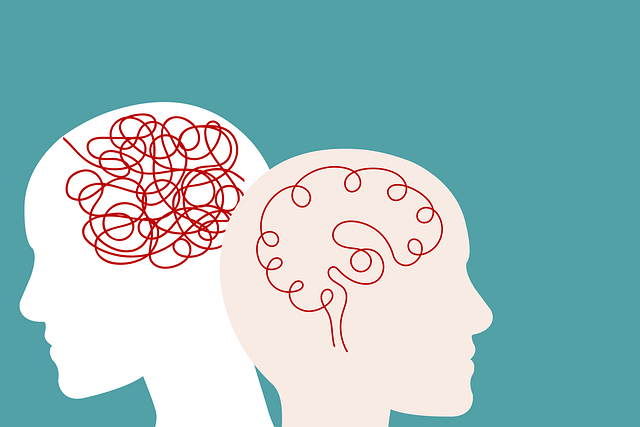Stress, a common challenge, arises from triggers like work and relationships, leading to physical and emotional symptoms. Early stress recognition prompts coping strategies such as training, lifestyle changes, breathing exercises, and meditation. Westminster Codependency Therapy (WCT), addressing codependent behaviors, offers cognitive restructuring, behavioral activation, and mental health education for personalized stress reduction. Combined with mindfulness practices, WCT empowers individuals to challenge limiting beliefs, enhance self-awareness, and improve mental well-being. Lifestyle changes, support systems, and therapy like WCT contribute to effective stress management, fostering healthier emotional responses and overall life quality.
Stress reduction is an essential aspect of maintaining mental health and overall well-being. In today’s fast-paced world, understanding the impact of stress and employing effective coping mechanisms is crucial. This article explores various strategies to combat stress, including an introduction to Westminster Codependency Therapy, cognitive techniques, lifestyle changes, and the power of support systems. By examining these methods, readers can navigate a path towards a calmer mind and improved life balance.
- Understanding Stress and its Impact
- Introduction to Westminster Codependency Therapy
- Cognitive Techniques for Stress Reduction
- Lifestyle Changes for a Calmer Mind
- The Role of Support Systems in Managing Stress
Understanding Stress and its Impact

Stress is a universal human experience, but understanding its origins and impact is crucial for effective stress reduction. It often arises from various sources, such as work pressures, personal relationships, or financial worries. These triggers can lead to both physical and emotional symptoms, affecting our overall well-being. For instance, heightened stress levels might manifest as anxiety, insomnia, or even physical ailments like headaches and stomach aches. In today’s fast-paced world, where the hustle and bustle never seem to cease, managing stress has become a necessity. This is especially true for individuals dealing with complex personal dynamics, such as those in codependent relationships, who may require specialized support from therapists in Westminster Codependency Therapy.
By recognizing the signs of stress early on, one can employ various coping strategies. Developing social skills through training and enhancing self-confidence can significantly contribute to a person’s ability to handle stressful situations. Moreover, learning effective coping skills allows individuals to navigate challenging circumstances with resilience. This process involves identifying personal triggers, adopting healthy lifestyle changes, and mastering techniques like deep breathing exercises and mindfulness meditation. Additionally, seeking professional guidance, whether through therapy or support groups, enables individuals to explore the root causes of their stress and develop personalized strategies for long-term well-being, including improved social interactions and enhanced self-esteem.
Introduction to Westminster Codependency Therapy

Westminster Codependency Therapy (WCT) is a therapeutic approach designed to help individuals understand and overcome codependent behaviors, offering a unique perspective on mental health. This therapy focuses on building healthy relationships and fostering self-reliance, which are key aspects in reducing stress and improving overall well-being. By addressing the underlying emotional patterns and dynamics, WCT aims to break free from destructive cycles, often rooted in past experiences, that contribute to feelings of anxiety and depression.
The approach emphasizes the importance of individual growth and recovery while acknowledging the powerful impact of interpersonal relationships. Through various techniques, such as cognitive restructuring and behavioral activation, WCT guides clients towards developing healthier coping mechanisms. These efforts are particularly significant in combating the pervasive mental illness stigma reduction efforts, as it encourages self-acceptance and promotes positive mental health awareness. Additionally, integrating mental health education programs design elements can empower individuals to take charge of their emotional well-being, serving as a powerful tool for depression prevention.
Cognitive Techniques for Stress Reduction

Cognitive techniques play a pivotal role in stress reduction strategies, offering individuals powerful tools to manage their mental health. One evidence-based approach gaining traction is Westminster Codependency Therapy (WCT), which focuses on reshaping negative thought patterns and behaviors. WCT encourages clients to challenge and reframe self-limiting beliefs, fostering a healthier relationship with stress and emotions. By identifying and modifying codependent behaviors, individuals can develop more adaptive coping mechanisms.
This therapeutic method promotes self-awareness and introspection, enabling people to recognize and change unhelpful thought processes. In today’s fast-paced world, where Public Awareness Campaigns Development emphasizes the importance of mental wellness, these cognitive strategies are valuable assets. Integrating self-care practices, such as meditation and mindfulness, alongside WCT can further enhance an individual’s ability to navigate life’s challenges, ultimately contributing to improved mental health and well-being.
Lifestyle Changes for a Calmer Mind

Adopting lifestyle changes can significantly contribute to a calmer mind and overall stress reduction. This includes prioritizing consistent exercise, as physical activity releases endorphins that promote feelings of happiness and relaxation. A balanced diet, rich in nutrients, also supports mental well-being, enhancing cognitive function and mood regulation. Additionally, fostering strong social connections through meaningful interactions with friends and family can provide a sense of belonging and support, acting as a buffer against stress.
Integrating mindfulness practices into daily routines is another effective strategy. Techniques such as meditation, deep breathing exercises, and yoga encourage present-moment awareness, helping to quiet the mind and reduce anxious thoughts. Westminster Codependency Therapy, for instance, leverages these principles to address underlying emotional patterns contributing to stress. Complementing therapy with a Mental Wellness Journaling Exercise Guidance can further facilitate self-reflection and emotional processing, complementing formal mental health support like Mental Health Policy Analysis and Advocacy.
The Role of Support Systems in Managing Stress

Stress reduction often involves building and leveraging support systems—a crucial aspect that goes beyond individual coping strategies. Having a strong network of friends, family, or even professional therapists can significantly impact one’s ability to manage stress effectively. This is especially relevant in the context of Westminster Codependency Therapy, where addressing underlying emotional dependencies is key to long-term mental health and well-being promotion techniques.
In times of stress, these support systems act as a buffer against life’s challenges. They provide emotional well-being promotion through listening ears and comforting presence, which helps in mood management. Moreover, they facilitate risk management planning for mental health professionals, allowing individuals to navigate stressful situations with a sense of security and resilience. This collective approach to stress reduction is vital in fostering healthy coping mechanisms and enhancing overall life quality.
In conclusion, managing stress effectively is key to leading a balanced and fulfilling life. By understanding its impact on both mental and physical health, we can employ various techniques such as Westminster Codependency Therapy, cognitive reframing, lifestyle modifications, and leveraging support systems. Integrating these strategies into our daily routines allows for better navigation of life’s challenges, promoting resilience and overall well-being.














